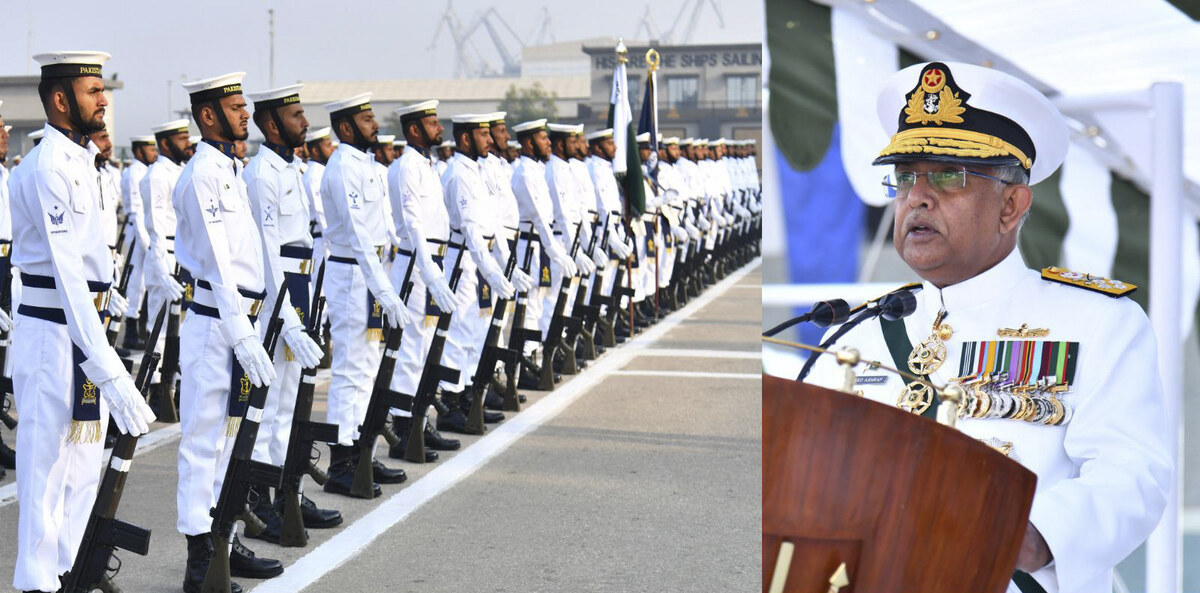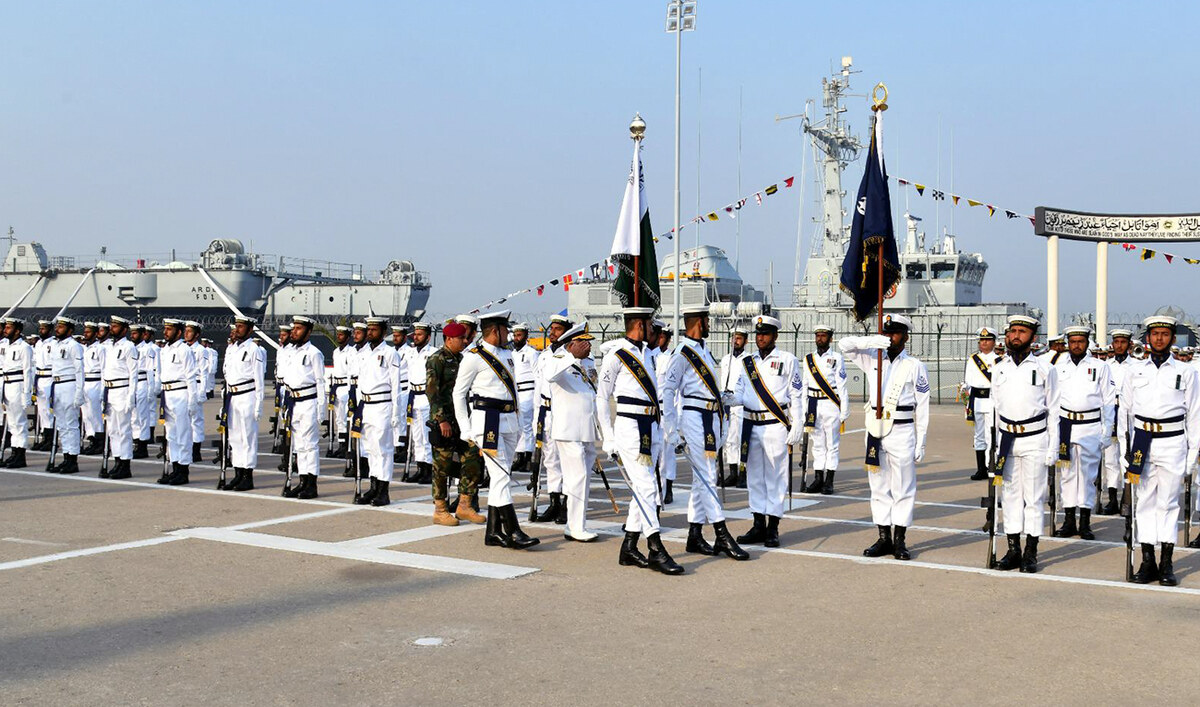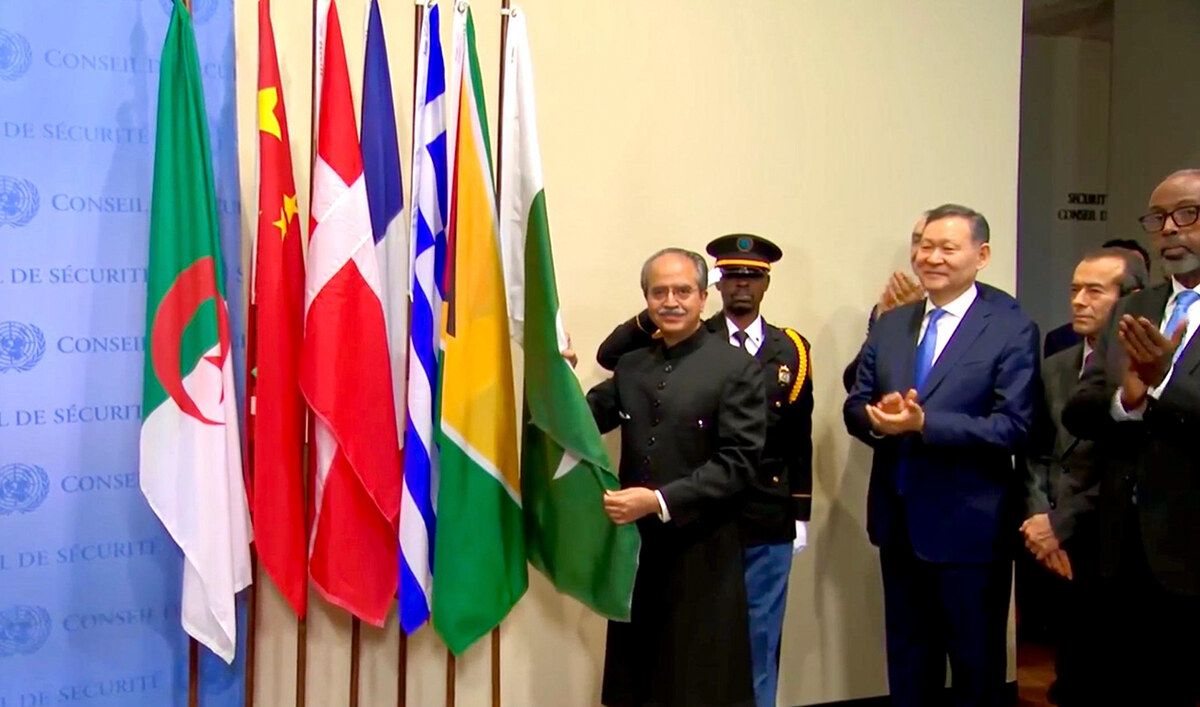ISLAMABAD: A leading Pakistani non-profit on Tuesday said the 2024 general elections led to a “fracture of popular mandate” and intensified political instability in the country, though it also expressed optimism over the newly initiated negotiations between the government and opposition.
The Pakistan Institute of Legislative Development and Transparency (PILDAT), which focuses on democratic governance, released its end-of-year Quality of Democracy in Pakistan 2024 report a day earlier. The report provides an overview of the state of politics in Pakistan over the past year, marked by increasing polarization and systemic issues.
“The 12th General Election held in February 2024 after a considerable delay was a largely flawed exercise that served to fracture popular mandate and to provide citizens only with a modicum of political and electoral choice,” it said.
Pakistan’s national polls were marred by accusations of irregularities, including delayed results, amid claims by former Prime Minister Imran Khan’s Pakistan Tehreek-e-Insaf (PTI) party that its candidates faced significant obstacles in running their campaigns.
PTI candidates were also forced to contest as independents after the Supreme Court ruled its intra-party elections flawed, stripping it of its election symbol. Party leaders alleged the system was heavily rigged against them.
The subsequent election results did not leave any party positioned to form a government independently, leading to political negotiations that helped the ruling Pakistan Muslim League-Nawaz (PML-N) of Prime Minister Shehbaz Sharif build a coalition with a razor-thin majority.
“Pakistan’s leading political parties have continued to display a sad and familiar proclivity to assist the establishment against a political opponent of the time in return for short-term selfish political gains,” the report noted, using a popular euphemism for the country’s powerful military and adding that the current political set-up “is no different.”
It also highlighted controversial developments, including amendments restructuring the judiciary and extending the tenures of defense chiefs, which it described as evidence of growing centralization of decision-making influenced by the establishment.
The PILDAT report also addressed persistent social media blackouts in the country, describing them as a means of suppressing critical political voices.
“To manage and silence political dissent, the current set-up has stepped up efforts to manage the use of Internet and social media platforms by blocking certain applications and controlling the flow of communication through others,” it said.
However, the report welcomed the dialogue between the government and PTI, which formally began last month, calling it a potential path to political and economic stability.
“Against this bleak horizon, the improving economic stability and the stated willingness and initiation for political dialogue between the PTI and the government offer the only silver lining,” PILDAT noted.
“Despite grandstanding by the government and its backers and tough bargaining and threats of civil disobedience by the PTI, it is our belief that a comprehensive dialogue must be sustained to find politically negotiated solutions,” it added.




















